What’s keeping you up at night?
Physician Perspectives is a regular feature in the Ontario Medical Review. Its purpose is to share differing points of view and inspire dialogue among members on important topics of the day. In this edition, the OMR asked representatives of the OMA’s constituency groups about what’s keeping them up at night after three years of the COVID-19 pandemic and a health-care system that continues to be stretched.
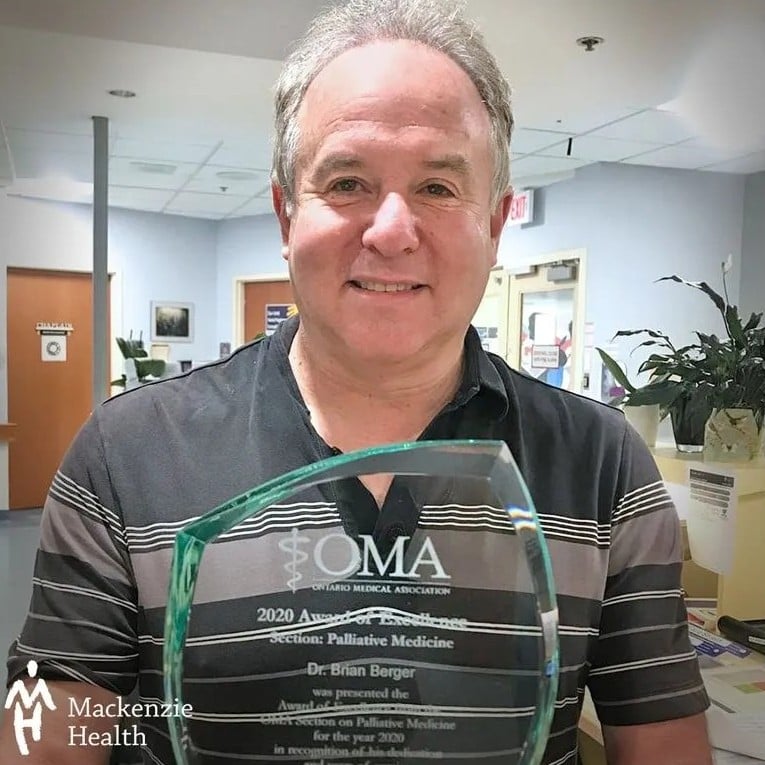

Richmond Hill
“When I reflect on my patients’ end-of-life journeys, I feel the pandemic has caused major changes that sadden me. Communication has become a touchless process so much of the time, which is counter-intuitive to me. What patients with a palliative care trajectory need the most is compassionate caring, a warm smile, a loving touch. We often face our patients masked, gowned and gloved. Within this new reality, we have to work out better ways to offer our support. Medications are important; human presence is just as important. Share music, read, appreciate Reiki. Always remember love is the most powerful medicine.”
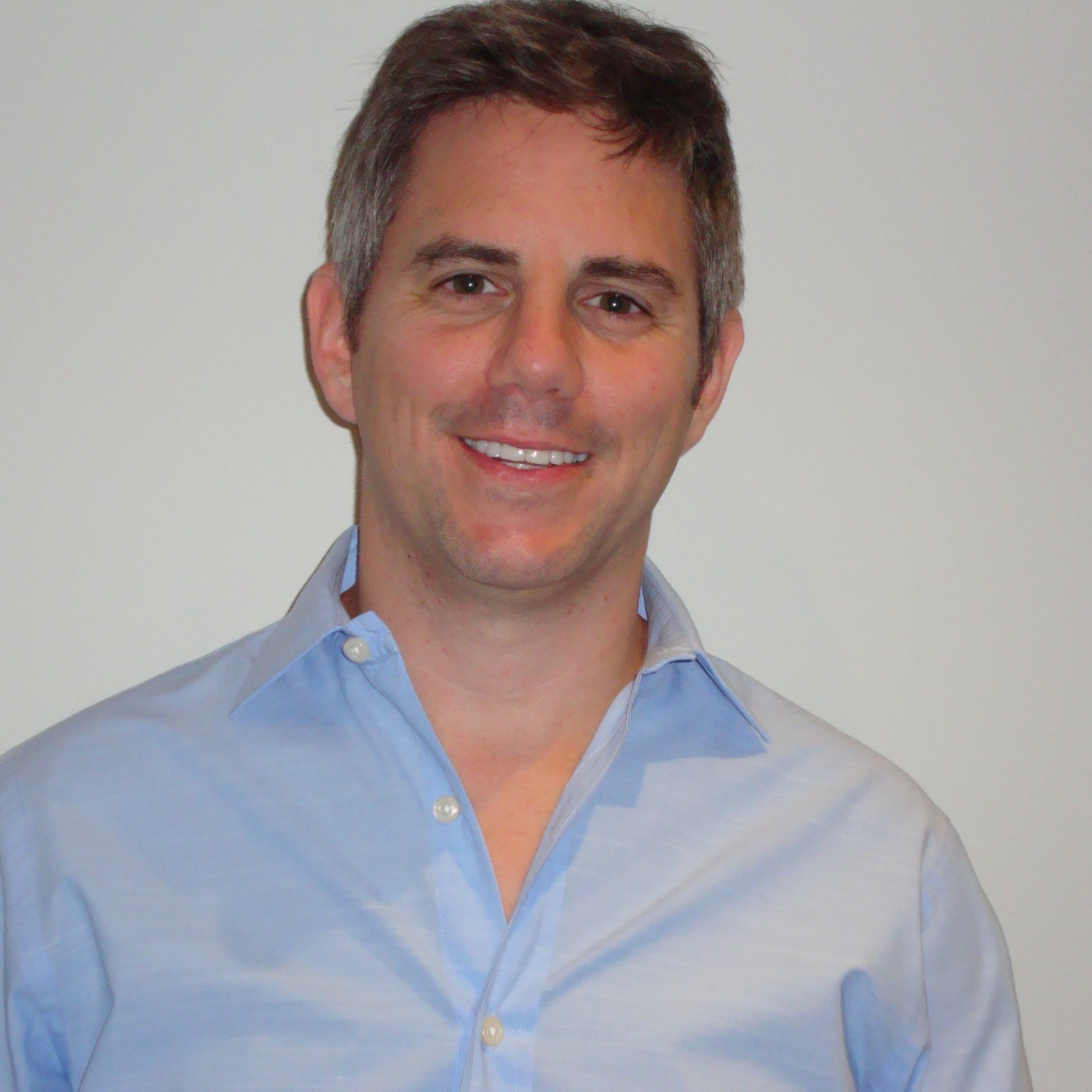

Toronto
“The backlogs in procedure wait times have been exacerbated by the pandemic. Even now, physician and nurse burnout prevent many endoscopy units from running at full capacity. Out-of-hospital endoscopy units currently provide more than one-third of necessary endoscopy services in the province, despite receiving no funding from the government. This is not sustainable. We are pleased to hear the recent announcement from Premier Ford that prioritizes addressing backlogs in surgeries and procedures, including colonoscopies. But we are concerned that our physician leaders have yet to be included in the planning process to ensure an optimal rollout of new community funding models. We are working diligently with OMA leadership, Ontario Health and other section chairs to ensure that we have a voice with the ministry. We will continue to take an active role in advocating for and optimizing the delivery of high-quality publicly funded endoscopic services to all the patients we serve in the community.”
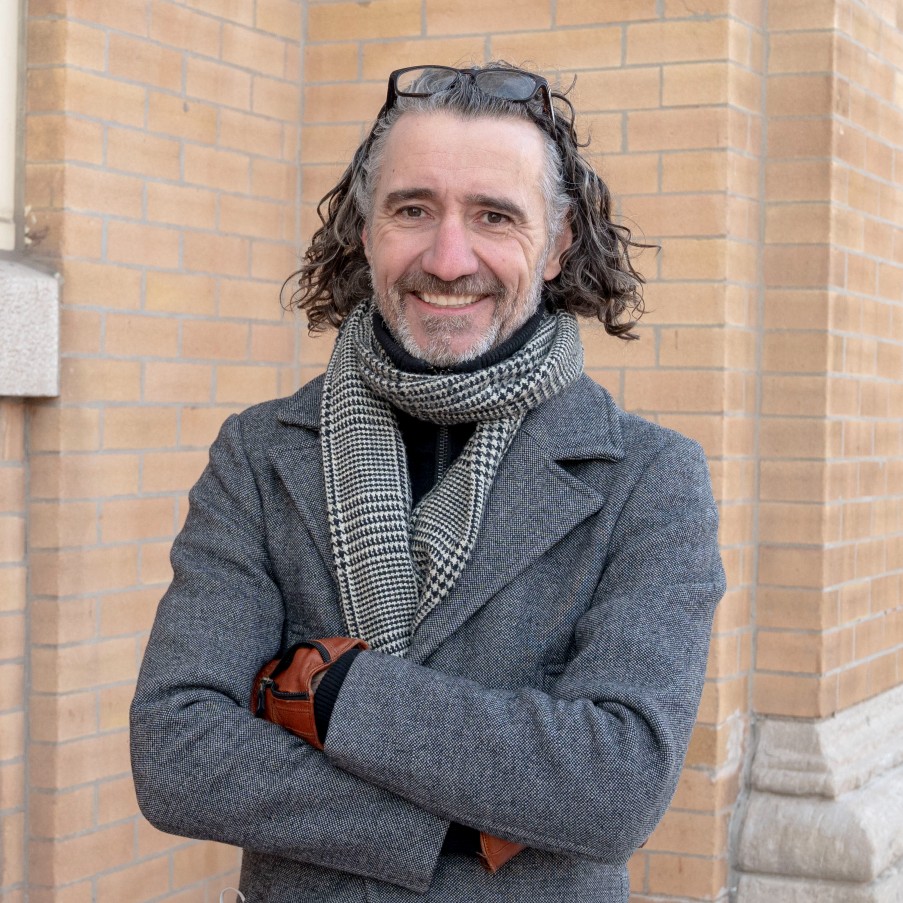

Toronto
“People struggled emotionally during the pandemic and their problems with drugs and alcohol have increased dramatically. Opioid deaths have skyrocketed. Too many young men and women have died unnecessarily. We are eager and ready to help our patients, but addiction services are overwhelmed. We need comprehensive treatment programs and more appropriate funding to prevent these unnecessary deaths.”
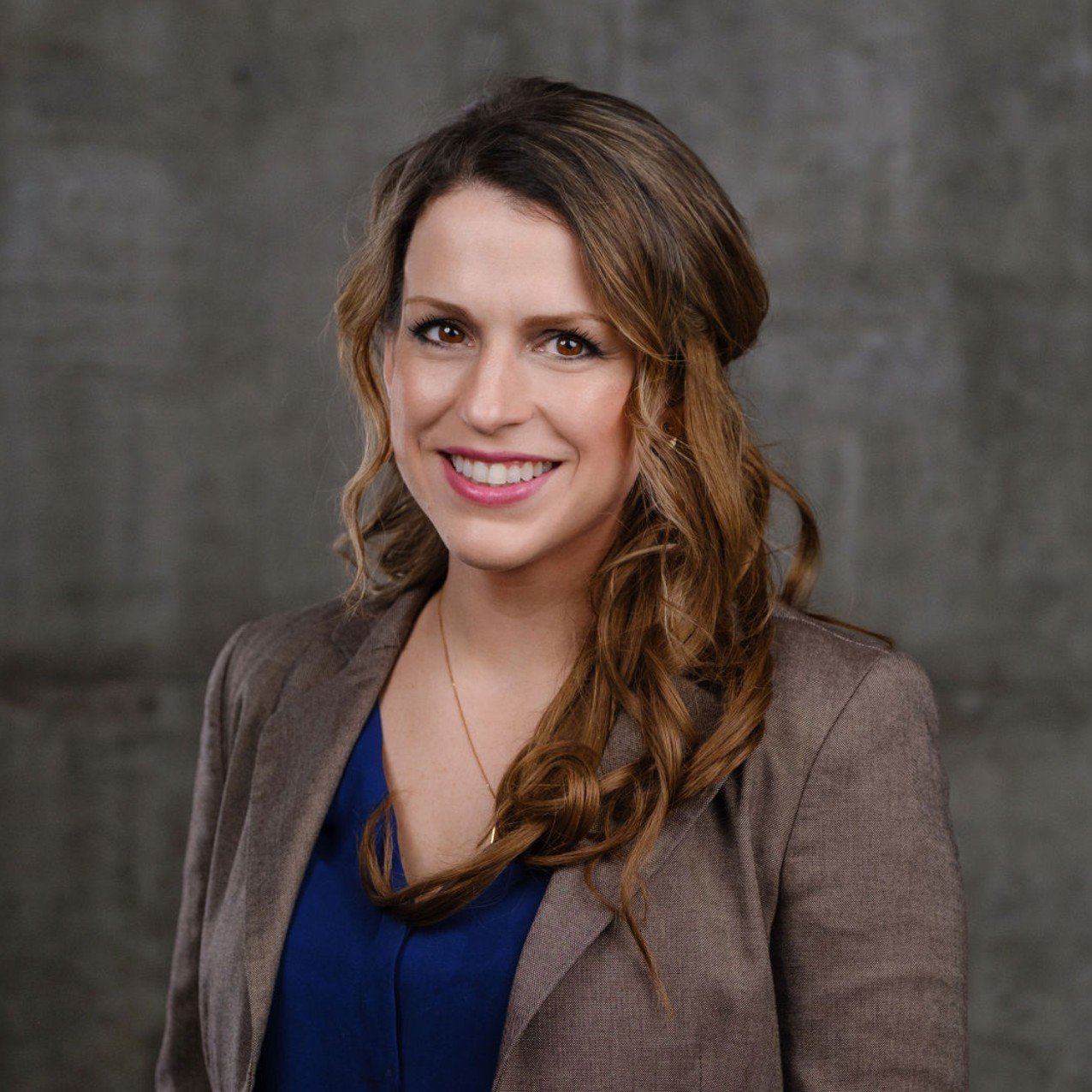

Ottawa
“It’s no secret that the health-care system has been failing Canadians since before the pandemic, with a record staffing crisis, normalization of hallway medicine, and wait times so long the services might as well not exist. Changing its trajectory requires investing in sustainable solutions that prioritize primary, community and multidisciplinary care; cutting inefficiencies and fragmentation through intuitive, centralized electronic systems (referrals, records, credentialing); and providing adequate resources to support the front lines. A funding model that accounts for overhead expenses, indirect patient care and equitable access is key to retention and recruitment. We need ground-up engagement, and bold, agile leadership, now.”


Toronto
"I do not want to sound like a doomsdayer, but what keeps me up at night is the seemingly inevitable collapse of our health-care system as we know it. I cannot ruminate on what’s wrong — I prefer to think about solutions. Policymakers must return to the drawing board to reimagine our delivery of health care. We must invest in community supports to keep patients in their homes. We must invest in prevention, reduce the burden of chronic disease and remunerate accordingly."


Toronto
“As we all try to recover from this pandemic, what keeps me up the most at night is the strain and burnout that all family doctors are feeling. The lack of financial and administrative support for frontline family doctors, coupled with ever-expanding scope creep, is leading to increasing despair among my colleagues. The downloading of administrative work from across our health-care system is an added strain as family doctors struggle to manage increasingly complex patients while they stagnate in the referral process maze. Unfortunately, family doctors are finding their own solutions by leaving practice altogether or finding more lucrative career paths. What will happen to family medicine?”
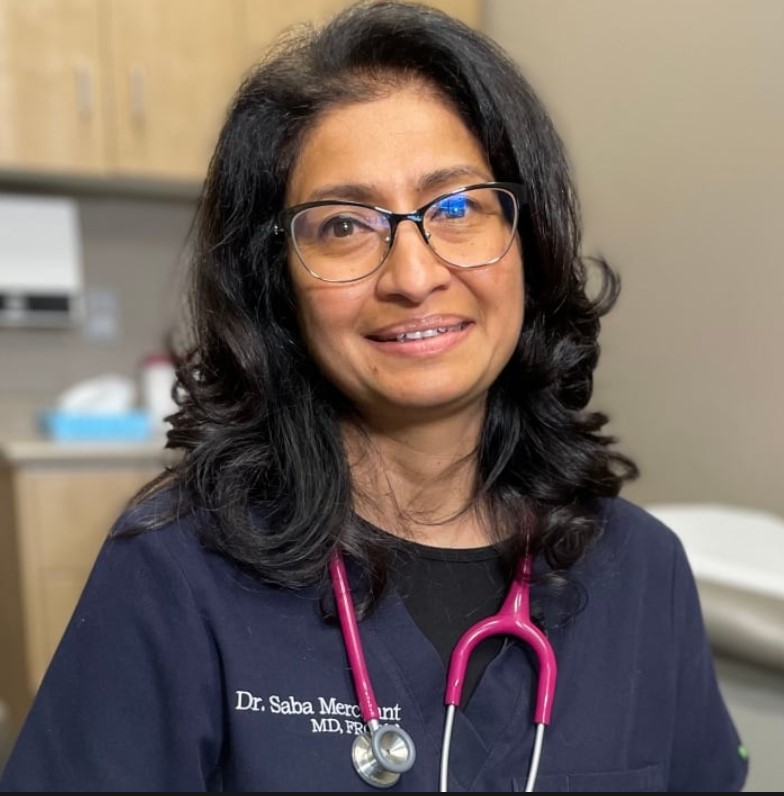

Maple (Vaughan)
“Children’s social isolation as a result of COVID has led to delays in their development and a decline in both mental health and academic performance. The recovery from this pandemic will take many years and a lot of work on the part of pediatricians, who will require resources such as publicly funded psychologists, psychotherapists, social workers and more mental health crisis centres. The pandemic has exacerbated resource deficits that existed prior to its onset. Addressing these needs is part of our strategic plan for 2023 and we hope to continue discussions with the Ministry of Health on resource funding. Children are limited in advocating for themselves and the health-care crisis has further limited their access to physicians. As pediatricians, we are concerned that what we are seeing is only the tip of the iceberg.”
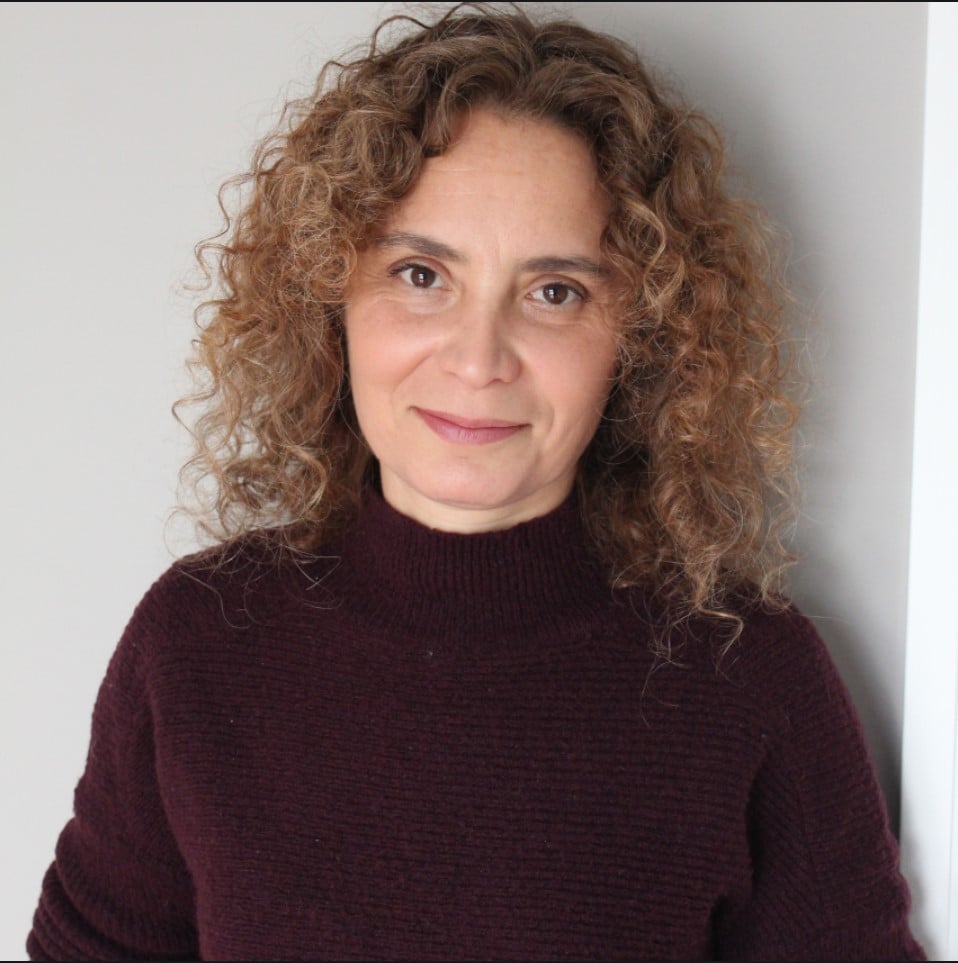

Toronto
“What is keeping me up at night? Yes, it’s the overburdened health-care system, the 15 per cent of Ontarians without primary care, and the lack of appropriate streamlining within the mental health system. But what worries me most is the climate crisis. As physicians, we understand the danger of positive feedback loops and the need to intervene early to prevent them. The climate crisis is a positive feedback loop, spinning faster and faster. Its health implications will be unprecedented if not treated at the core. COVID-19 showed us that, as robust as our society is, we were not prepared. It also showed us that if governments unite and act fast, we can overcome. What calms me down? The work we do to help us get there – please join me.”
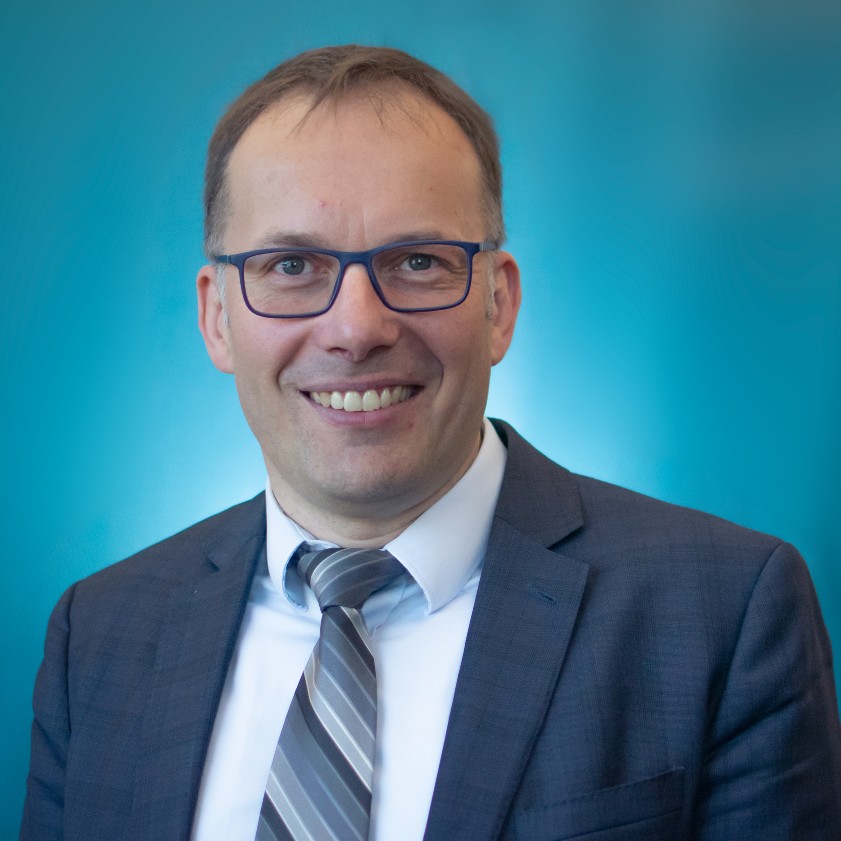

Kingston
“We are all painfully aware that there has been a decreased focus on chronic disease prevention during the pandemic. Two recent reports – one on the new guidance for Canadians on alcohol and the other on health conditions attributable to smoking and alcohol – have served as stark reminders of this reality and the importance of disease prevention. Given that alcohol consumption increased for many Ontarians during the pandemic, screening for both alcohol and tobacco use has the potential to improve health and reduce demand on our overburdened health system.”
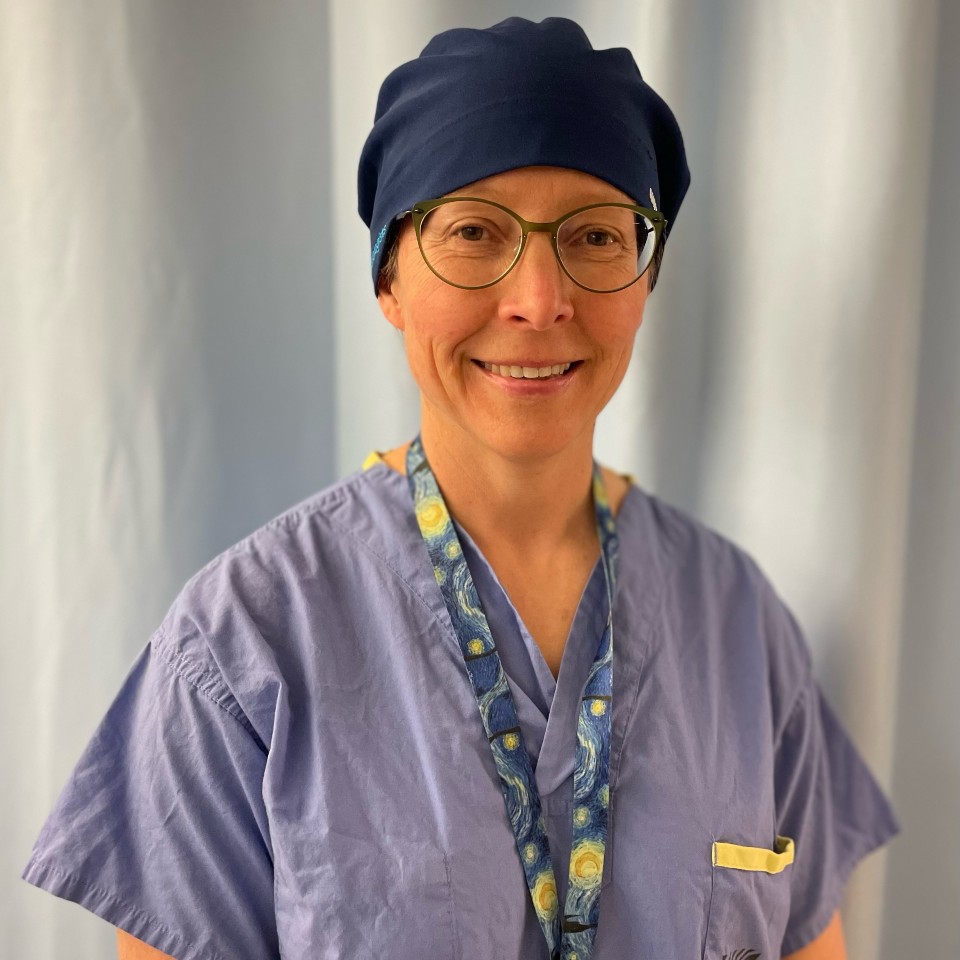

Mississauga
“I’m really concerned about patients who continue to experience delays in receiving surgery, who receive care later in their disease, and experience compromises in quality of life and health while waiting. I’m concerned about the lack of political commitment to long-range planning and strategy for health human resources in anesthesiology. Canada has significant expertise in health human resources, which we need to leverage urgently for patient and physician health. Both concerns are especially urgent in rural and remote environments, where special considerations of geography, culture and staffing challenge both patient and provider experience and outcomes.”
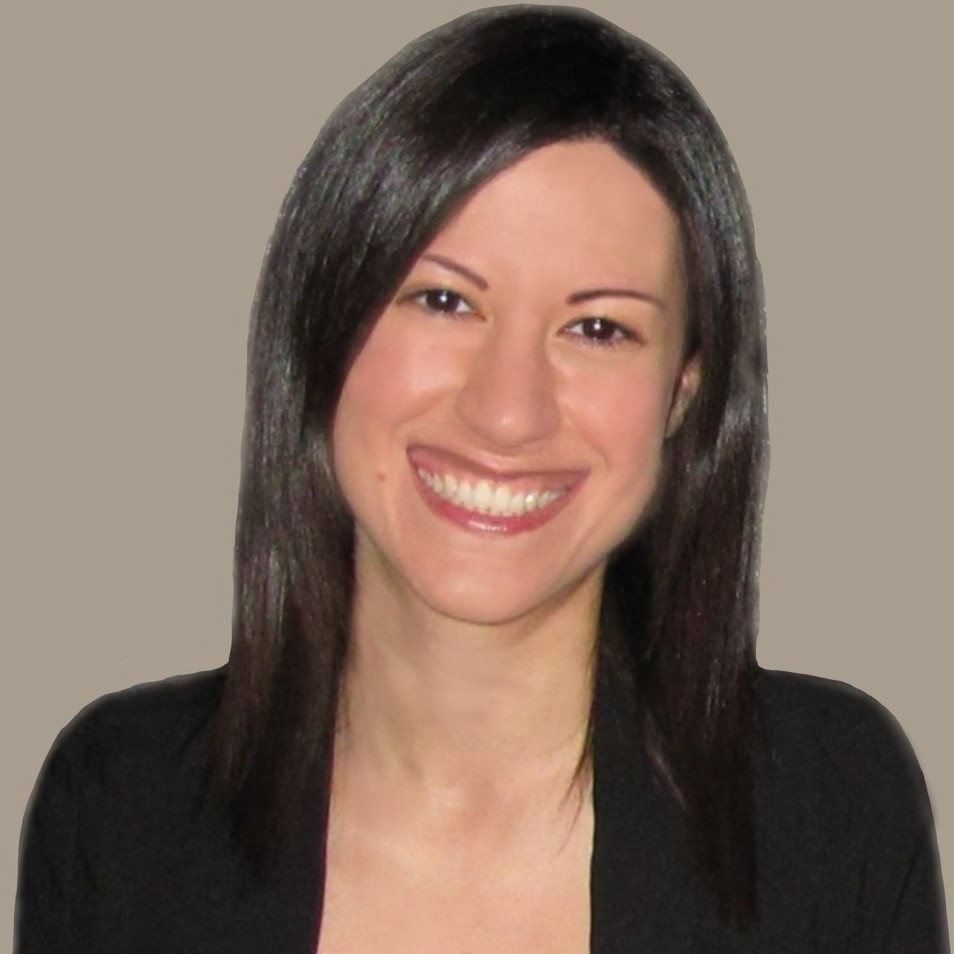

Thornhill
“I have seen patients benefit immensely from virtual care during this pandemic, with many of them better able to manage infection transmission, geographic/transportation challenges, financial constraints, work/school/child-care obligations and disability issues. Keeping patients connected with psychotherapy longitudinally in the care format that is the best fit for them has been particularly rewarding for me. Virtual care has also helped some physicians achieve better work-life balance. Still, the concern remains that these gains could disappear if short-sighted service cuts in these areas return in future negotiations, especially with the rise in physician burnout. My hope is that we can keep sight of what is working and build on that for the next generations to prevent hallway health care.”
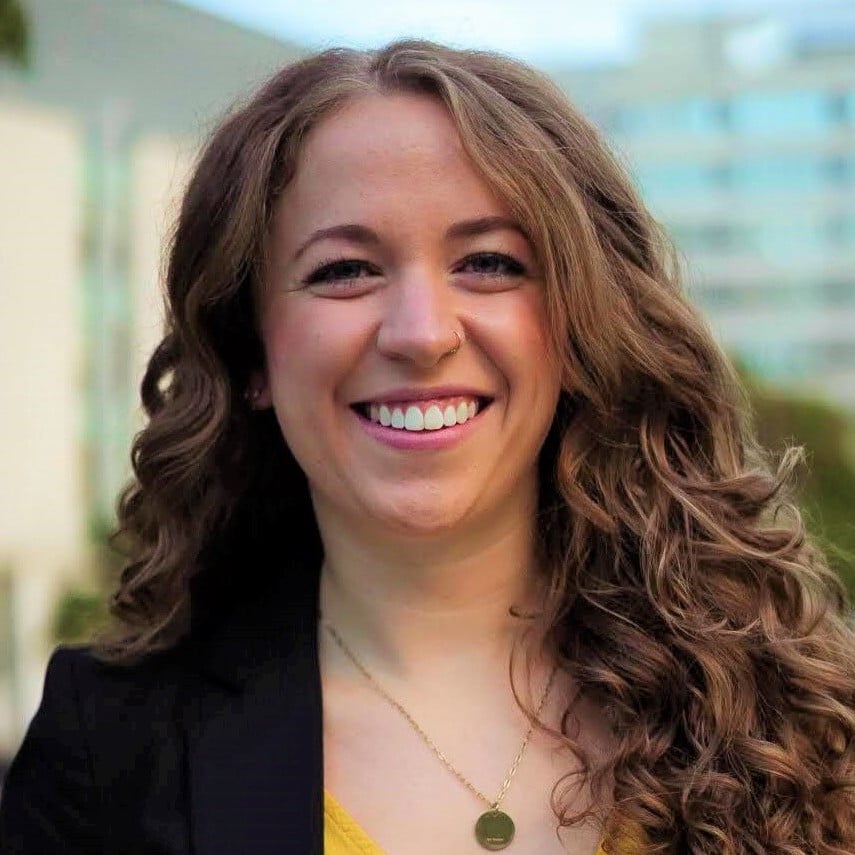

Kingston
“Amidst increasing patient complexity and a health-care system stretched past its breaking point, I worry for the future of our profession, the one that my peers and I will inherit. I worry that, in our individual desire to stay afloat, we might inadvertently pull each other down. I worry because this messaging of competition, hierarchy, and blame in medicine can begin as early as medical school. Nevertheless, I am optimistic for the future, and urge my generation of physicians to practice with empathy and compassion – not only for our patients but for our colleagues too.”